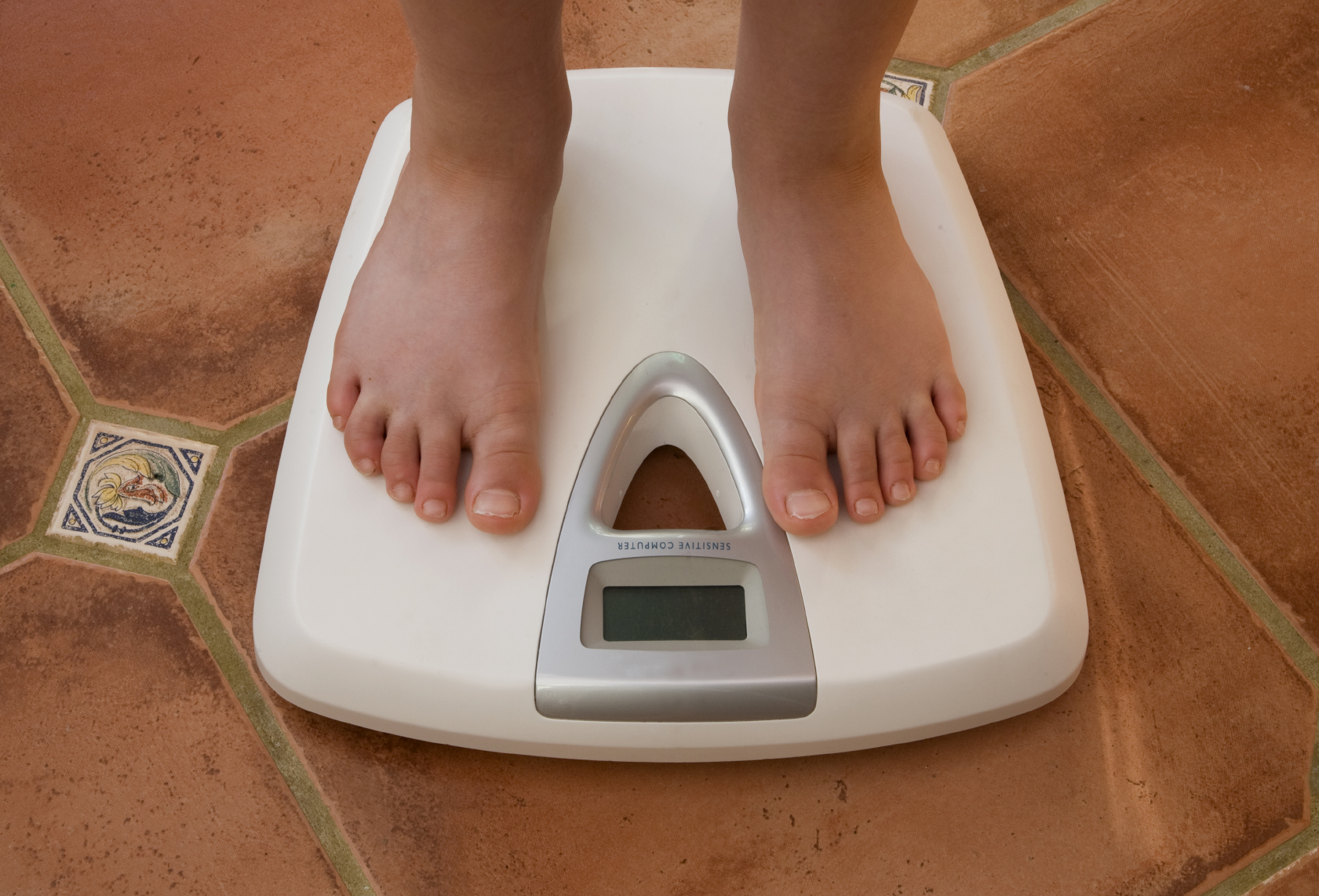

Q: What do you do if your tween wants to be “skinnier”?
A: Don’t be caught off guard. Eighty-one percent of 10-year-olds are afraid of being fat, and 40 percent of 9- to 10-year-olds have tried to lose weight. Don’t say, “You are perfect the way you are.” This will completely shut them down, and you’ve lost your chance to have a fantastic conversation.
1. Formulate healthy goals together. Ask what they mean by skinnier and why they want to be skinnier. Steer them toward being healthier rather than thinner. Be supportive in their endeavors to change their eating and exercise habits with an emphasis on better energy, athleticism, brain power and overall health. Never let the scale or calories be their guide, which can lead to eating disorders. Instead, help your tween set goals such as walking/running a local 5K, eating more veggies and reducing screen time.
2. Have another puberty talk. Many tweens will gain weight because their bodies need extra weight for upcoming changes. My daughter was worried after she gained 20 pounds in a few months. After we talked about how the body stores weight for puberty, we met with her pediatrician. She recommended a few blood tests (which had normal results), and we waited to see what happened naturally. Sure enough, my daughter grew five inches, and the weight was no longer an issue.
3. Think about your own body issues. Do you talk about your weight often and try fad diets? Do you comment on other people’s physiques? If you want your tween to love his or her body, then be a role model for what that looks like. Compliment yourself in your child’s presence and model regular exercise and healthy eating, too. If you are worried, talk to the doctor.
4. Beware of eating disorders. The Eating Disorders Coalition reports that from 2.5 to 4 percent of teens have eating disorders. Some typical signs are skipping meals, eating in secret, obsessively exercising, going to the bathroom right after meals or severe changes in eating and exercise habits.
5. Be their support system. Without your guidance, they will turn to the Internet for an answer and find diet pills, fad diets, and pro-anorexia and pro-bulimia websites. Our first instinct is to assure them they are perfect. We have to move past that and embrace the ever-changing needs of our tween.











